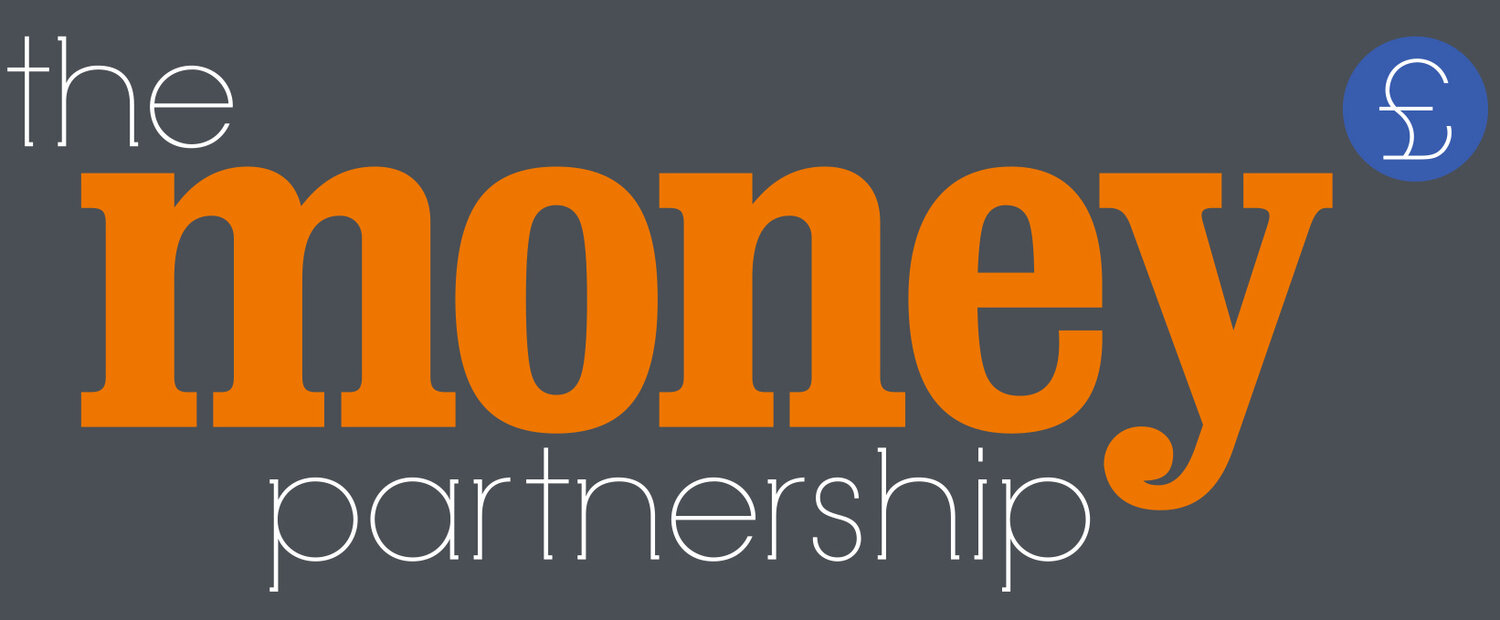Spring Budget 2023 - What it means to you?
Chancellor Jermey Hunt has revealed his Spring budget, in which he has set out plans aiming to increase UK economic growth, whilst trying not to spook markets. But what does that mean to you?
Capital Gains Tax (CGT) cut:
The Capital Gains Tax (CGT) exemption will be slashed from £12,300 to £6,000. Any profits that exceed the exemption will be taxed at existing rates of 20% for higher and additional-rate taxpayers and 10% for some basic-rate taxpayers.
Annual Dividend allowance cut:
The Annual Dividend allowance falls from £2000 to £1000. This means dividend income over £1000 will now be taxed.
Personal Income Tax allowance froze:
The amount you can earn each year before you start paying income tax will be frozen at £12,570 until 2028. The higher rate income tax threshold will be frozen at £50,270.
Inheritance Tax (IHT) froze:
The inheritance tax (IHT) nil-rate band and residence nil-rate band will be frozen at £325,000 and £175,000, respectively, until 2028.
Energy Bill Support:
To help shield households from rising energy bills, the planned increase in the energy price cap, was delayed. Bills for the average household will remain at around £2,500 per year, instead of rising to £3,000 per year.
Lifetime allowance abolished:
The lifetime allowance – the amount of money you can build up in pensions without triggering a tax charge when you come to access pension benefits, will be completely abolished. From 6 April, savers accessing pension benefits in excess of the lifetime allowance will no longer face a tax charge of up to 55% on the excess. Abolishing the lifetime allowance is one measure that aims to deter people from reducing hours or retiring early because of potential tax liabilities. The change doesn’t mean that future retirees will be able to draw more of their pension savings as a tax-free lump sum. The 25% tax-free lump sum is currently capped at £268,275.
Annual pension allowance increase:
The standard pension annual allowance – the maximum amount you can save into pensions in a tax year without paying a tax charge will increase from £40,000 to £60,000. This means savers will be able to pay up to £60,000 or 100% of their UK earnings (whichever is lower) into pensions each year and benefit from tax relief. This increase could be beneficial for those whose income puts them in the higher tax band. For example, someone earning £150,000 a year could make a £60,000 gross pension contribution and see their adjusted net income fall to £90,000.
MPAA increase:
Another move aiming to encourage retirees back to work, is the money purchase annual allowance (MPAA) will rise from £4,000 to £10,000. The MPAA is triggered when savers flexibly access defined contribution (DC) pensions for the first time, and effectively replaces their standard annual allowance.
State Pension increase:
The state pension will increase by 10.1% to around £10,600 a year.
Corporation tax increase:
Affecting businesses with profits of more than £250,000, corporation tax will increase from 19% to 25%. Companies with profits of £50,000 or less will continue to pay tax at 19% (the ‘small profits rate’) with businesses whose profits are between £50,001 and £250,000 will pay tax at 25% but will get marginal relief – i.e., a gradual increase between the small profits rate and the main rate.
Tax breaks for businesses:
To offset the corporation tax hike and in an effort to drive business investment and growth, the government will introduce a “full expensing” scheme and reforms to capital allowances. Over the next three years, companies will be able to offset all capital spending against their tax bill.

